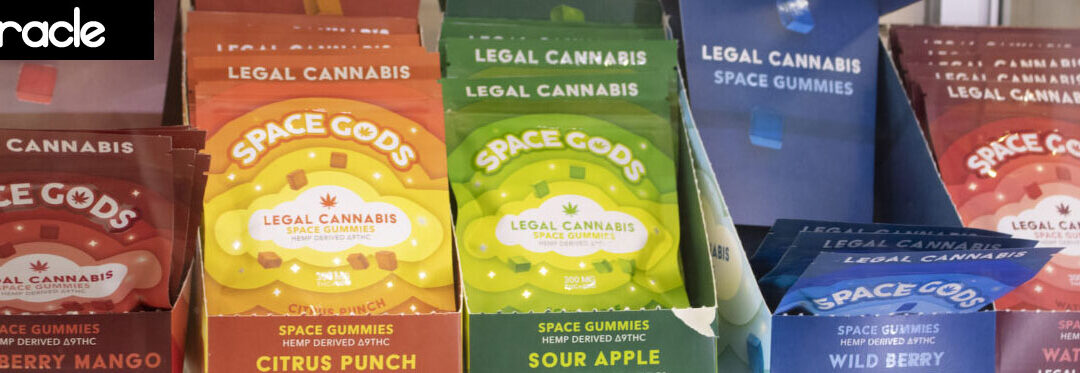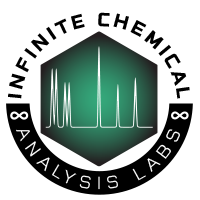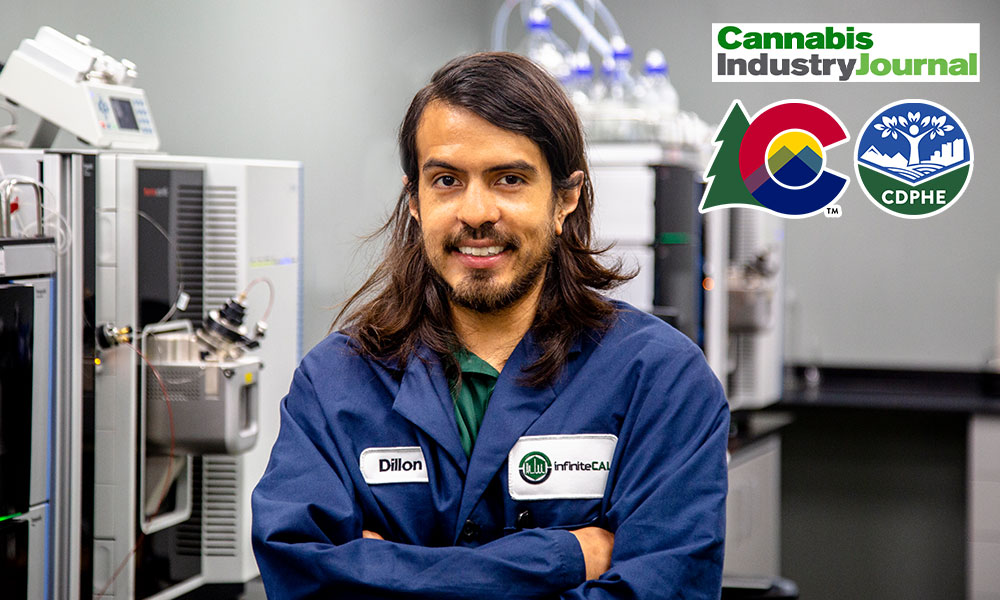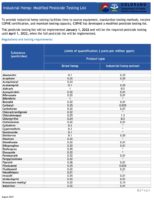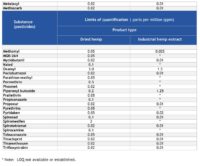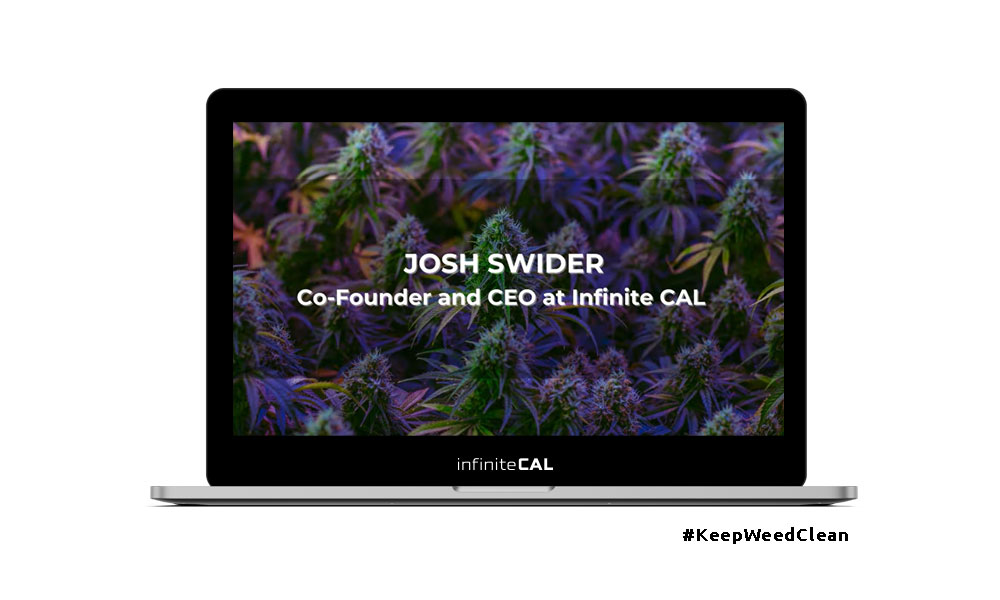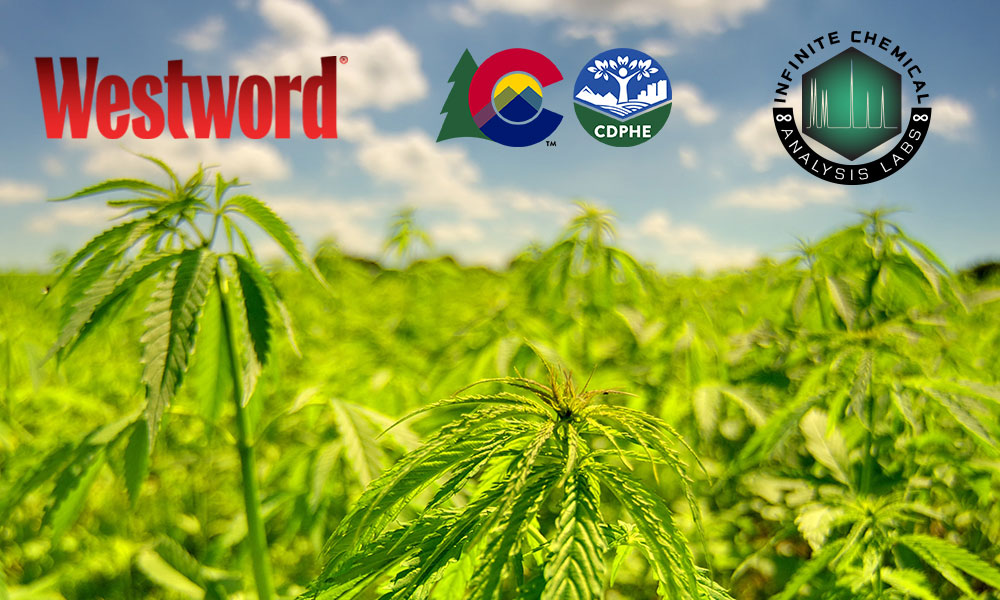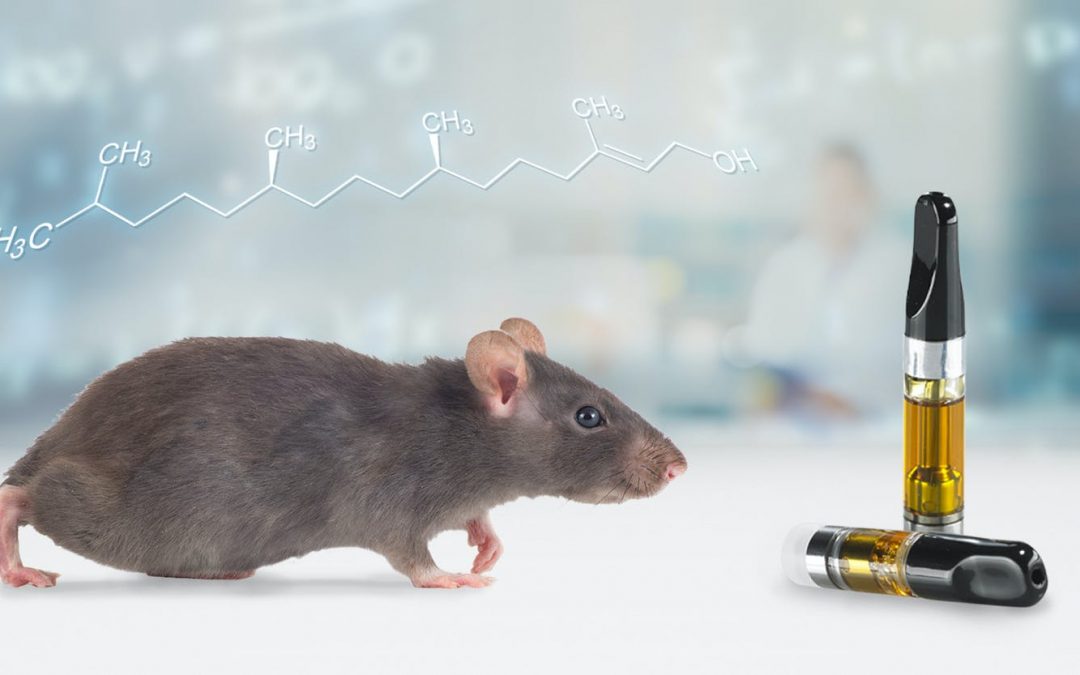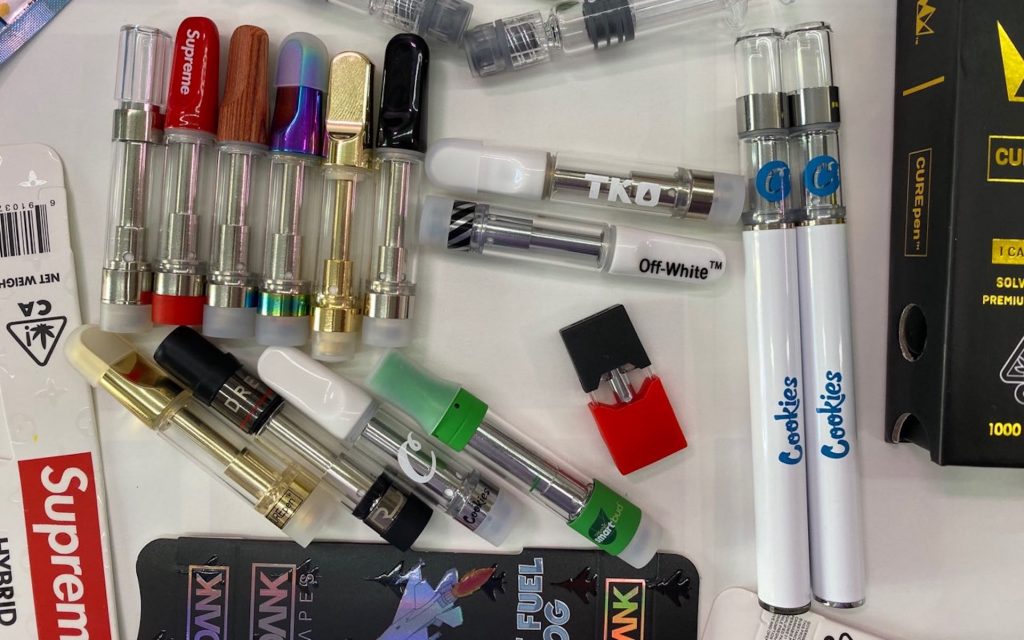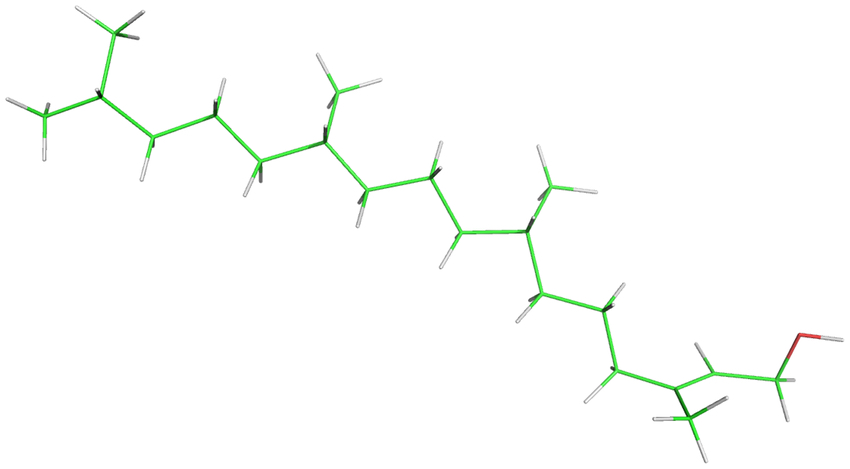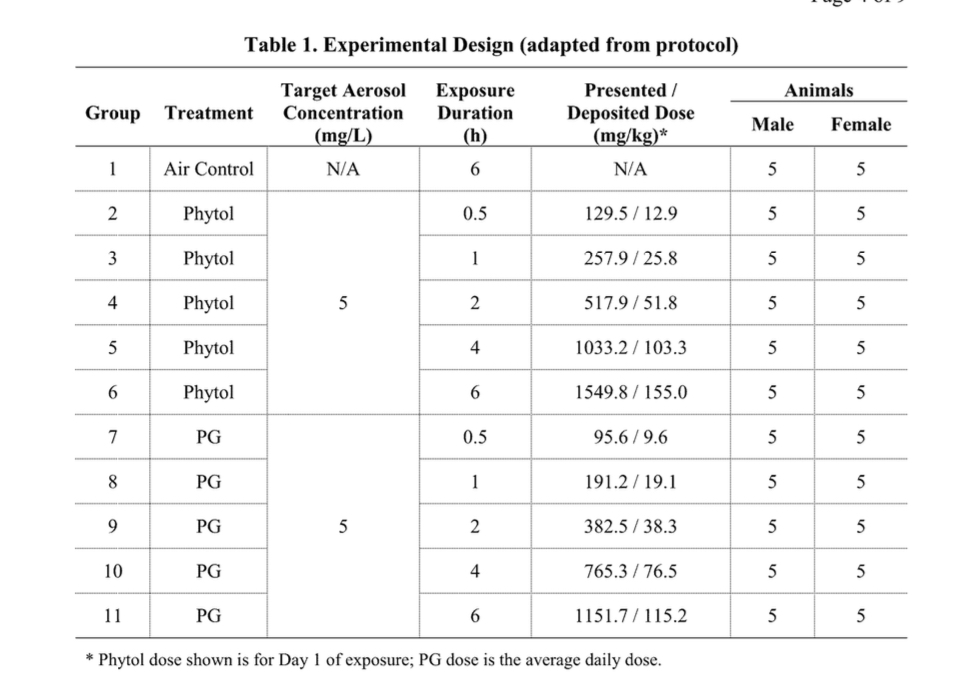We commissioned InfiniteCAL to test 53 of the most popular hemp delta-9 products (mainly edibles) and found some are 360% higher in THC than average doses of Cannabis products, while more than half are inaccurately labeled, ordinarily delivering less THC than they promised.
The cannabinoid trends have come full circle. After CBD hit the mainstream, hemp companies realized there was a lot of potential in delta-8 THC, and around that time, tons of new contenders popped up, including delta-10, THC-O, THC-P and HHC, but one familiar name has come back around to dominate the industry: delta-9 THC. It’s the only cannabinoid that’s been specifically made illegal, but through the specific definitions used in the bill that resurrected the hemp industry, companies have found a way to get it on the market, apparently legally.
But are these companies reliable? If a customer buys a “hemp delta-9” product, are they going to get what they expected? Do they really fall within legal limits? And are the dosages involved safe?
To answer these questions, we’ve purchased 53 of the most popular hemp-derived delta-9 THC products, and sent them to an independent lab for testing, including both potency testing and checks for impurities or leftovers from the manufacturing process. We’ve also consulted experts in the legalities, practicalities and science of the hemp delta-9 industry to get to the root of both the problems with the industry and their solutions…
